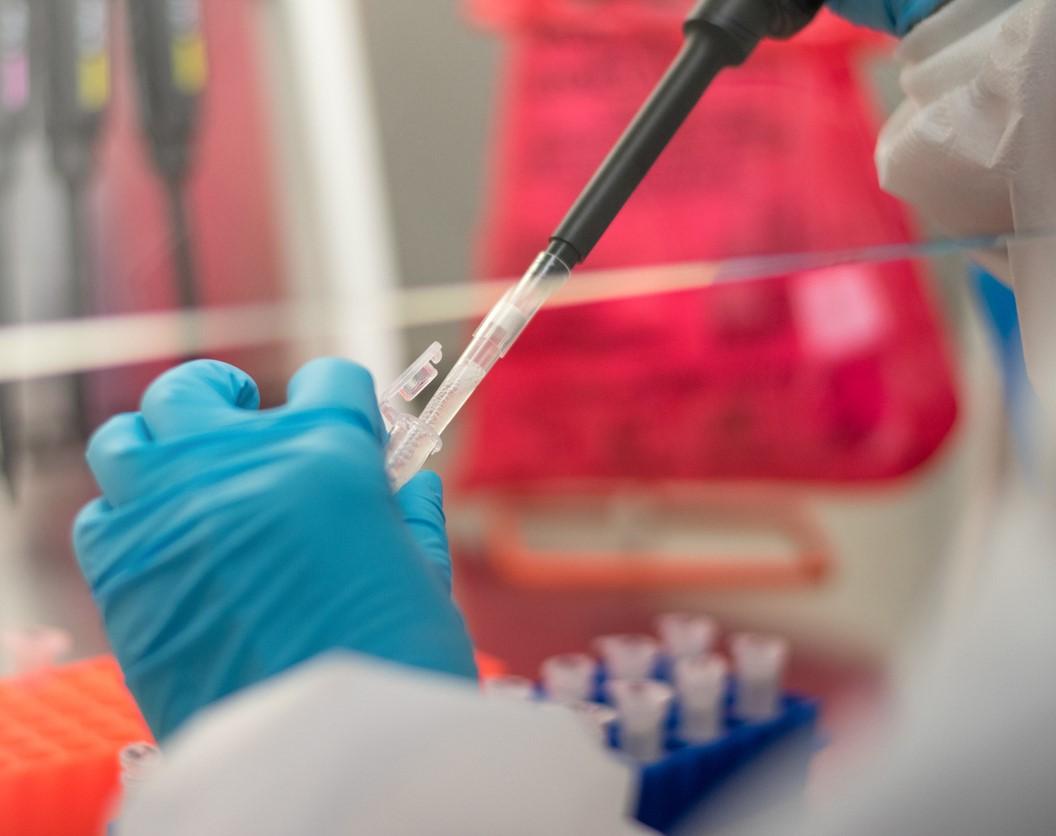A massive effort led by the World Health Organization (WHO) to fast-track the development of COVID-19 vaccine, treatments, and diagnostics—and make them available to countries that need them most—released its production targets today and the price tag needed to produce and deliver the items, which totals $31.3 billion.
The pandemic total rose to 9,682,414 cases, and 491,113 people have died from their infections, according to the Johns Hopkins online dashboard.
Accelerator partnership details goals, timelines
The WHO, backed by several world leaders and global health groups, first launched the COVID-19 countermeasure scale-up effort on April 24 in response to a call from G20 leaders in March. Known as the Access to COVID-19 Tools (ACT) Accelerator, the effort was backed by several countries and regional organizations, as well as groups including the Bill and Melinda Gates Foundation. However, several big countries did not participate, including the United States, China, India, and Russia.
An early pledging event hosted by the European Commission in early May netted nearly $8 million, almost reaching its initial target.
At a technical meeting today, the ACT-Accelerator published its investment case, which is to speed development, equitable allocation, and scaled up delivery to low- and middle-income countries (LMICs) of 500 million diagnostic tests by the middle of 2021, 245 million treatment courses by the middle of 2021, and 2 billion vaccine doses—half to LMICs—by the end of 2021.
In a statement today, the WHO said the plans call for $31.3 billion in funding, of with $3.4 billion has already been pledged. It said $27.9 billion is needed, including $13.7 billion to cover immediate needs.
"The investment required is significant, but it pales in significance when compared to the cost of COVID-19: the total cost of the ACT-Accelerator's work is less than a tenth of what the IMF [International Monetary Fund] estimates the global economy is losing every month due to the pandemic," the WHO said, adding that 468,000 people have already died from COVID-19.
ACT-Accelerator activities are led by partner organizations and are grouped under four pillars. For example, the diagnostics pillar is led by the Foundation for Innovative and New Diagnostics (FIND) and the Global Fund to Fight AIDS, Tuberculosis, and Malaria, the therapy one is led by Unitaid and Wellcome Trust, and the vaccine one by Coalition for Epidemic Preparedness Innovations (CEPI) and GAVI, the Vaccine Alliance.
Pledging event tomorrow
A major pledging event tomorrow led by the European Commission and Global Citizen will feature a campaign, concert, and summit, at which world leaders, corporations, and philanthropists are expected to announce new pledges.
Ahead of the event, WHO Director-General Tedros Adhanom Ghebreyesus, PhD, said in a statement today that it's clear that to bring the COVID-19 pandemic under control, the world needs effective diagnostics and drugs in unprecedented quantities and at unprecedented speed. And it's also clear that because all people are at risk, the tools to battle COVID-19 shouldn't be limited to just those who can afford to pay for them.
"The principle of equitable access is a simple thing to say, but a complicated thing to implement—it requires active collaboration between governments, industry, health organizations, civil society organizations, and communities," he said. "Vaccines, diagnostics, and therapeutics are vital tools—but to be truly effective they must be administered with another essential ingredient, which is solidarity."





















